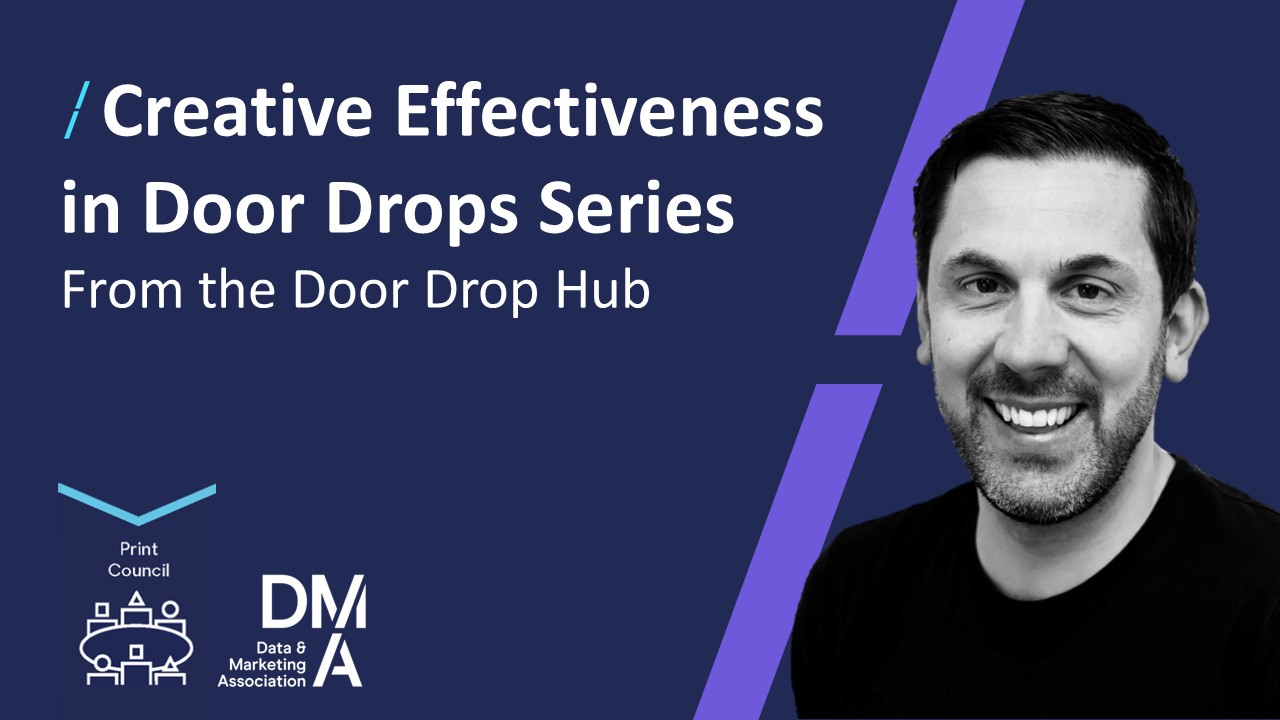Are robots stealing your marketing budget?
23 Oct 2015

A recent Sunday Times article highlighted that advertisers are battling technology that lets crooks milk millions from marketing budgets. The technology currently means that up to a quarter of clicks registered on online adverts will be made by robots not humans in 2015.
How does it work?
A simple virus infects PCs, and once up and running the infected PCs generate clicks on fake websites, and with every click the fraudsters collect a tiny commission from online advertisers.
In fact, in a report produced by Telemetry, a digital fraud detector, it was discovered that last year a Mercedes-Benz online campaign was viewed by more robots than humans. The bot network was found to be controlled by two people in Britain, and when the fraudsters’ fake websites suddenly disappeared so did the two individuals without trace.
Estimates suggest that £4.1bn will be skimmed from the global advertising industry by robot-toting fraudsters this year.
Advertisers are worried. Keith Weed, the chief marketing officer at Unilever, believes that the rise of the bots risks “undermining the trust we have in what we are paying for”.
Just to add to the challenge, consumers are also becoming more choosy about the online advertising they view, and software that blocks ads has shot up the App Store rankings since Apple recently sanctioned its use.
Measurement for online advertising success is also under scrutiny. The standards for measuring the effectiveness of online ads are “much lower” than for TV ads, and need to be substantially more rigorous according to Sir Martin Sorrell.
So with the rise of robots, the growth in consumers using ad blocking software and online success measurement not what it should be, this poses quite a challenge.
Jacob Nielson, the head of UK digital advertising at media buyer Group M, says that “creating a much more direct relationship with known publishers” is a way forward. “The quality is higher and you avoid lots of fraud, which tends to happen on unknown websites and domains.”
So what are marketeers to do?
One thing that is proven over time when creating effective marketing, start with the customer. Develop insightful creative ideas and campaigns to engage them. Understand which is the best media to target them with. Make sure that strong evaluation measures to build and learn from are in place.
A brilliant idea with a relevant mixture of old and new media and a good balance of art and science will always be the ultimate way to create marketing campaigns that deliver ROI.
So, yes, the bots and fraudsters are out there. But they are challenging the most innovative and creative industry on the planet. As hard as they try, I expect we will always stay a step ahead!





Please login to comment.
Comments